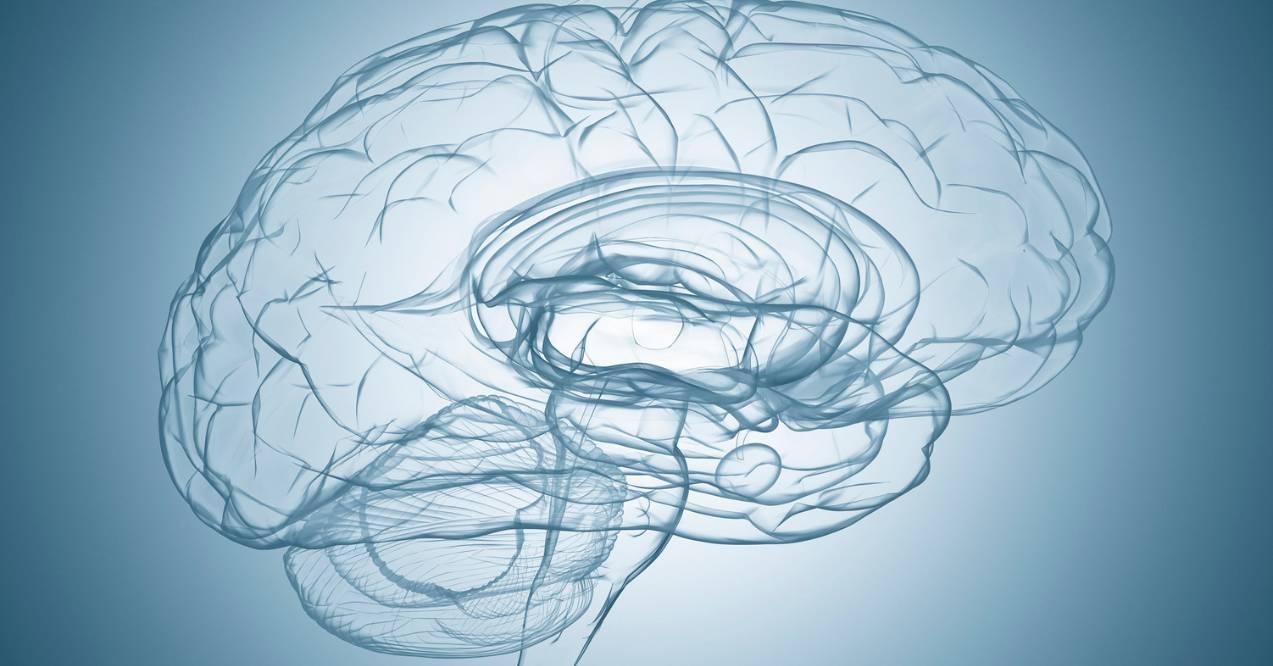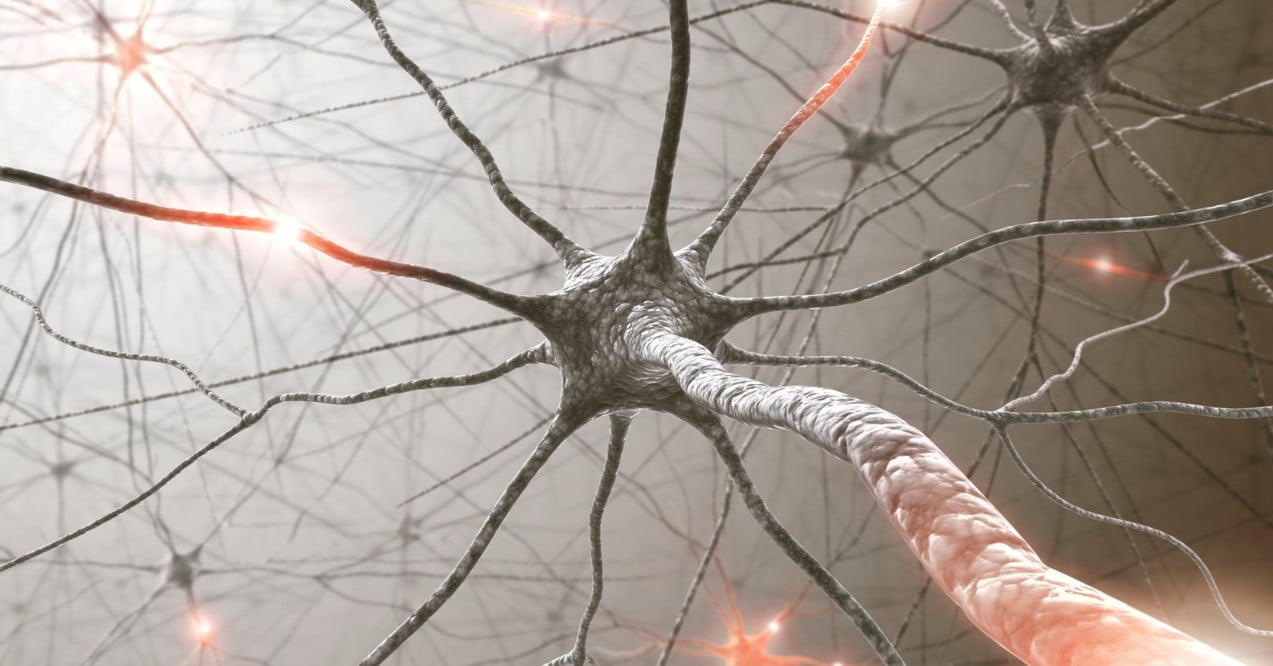Comprehensive Guide to Managing a Dysregulated Nervous System
Medically reviewed by our experts


If you’re dealing with a dysregulated nervous system, there are ways to help. This condition disrupts the normal functions of the body’s complex nerve system, causing imbalances in the signals between different parts of the body. These disruptions can affect daily life.
Keeping your nervous system healthy is crucial for mental, emotional, and physical well-being. By understanding the signs and causes of this condition, you can take steps to promote functionality and a healthier nervous system. If you’re looking for ways to heal a dysregulated nervous system, keep reading to learn more about its complexities, the importance of early intervention, and preventive measures.
What Is a Dysregulated Nervous System?
Curious about what a dysregulated nervous system is? Let’s break it down. Your body is incredibly complex, with many parts working together to keep you functioning optimally. One of the key players in this system is the nervous system, which oversees critical processes. It acts as your body’s command center, consisting of a vast network of nerves, the brain, and the spinal cord, all working together to transmit signals throughout your body. This system controls essential functions like involuntary processes, cognition, sensation, and movement.
Among this system’s delicate and core components are the central nervous system (CNS) and peripheral nervous system (PNS).
Central Nervous System (CNS):
- Includes the brain, responsible for regulating bodily functions.
- Responsible for processing sensory information.
Peripheral Nervous System (PNS):
- Consists of nerves connecting the central nervous system’s (CNS) to sensory receptors, muscles, and tissues.
PNS further divided into:
- Somatic nervous system. It controls voluntary movements.
- Autonomic nervous system. It manages involuntary functions like breathing and sexual arousal.
When the nervous system becomes dysregulated, it can have significant effects on your overall health and physiological balance. This dysregulation occurs when there’s a disruption or imbalance in the normal functioning of the intricate neural pathways.
Signs of a Dysregulated Nervous System
The signs of a dysregulated nervous system can be extensive, incorporating psychological and physical manifestations. Detecting these signs early is significant for adopting anticipatory measures. It can aid in preventing dysregulation from progressing, enhancing long-term health, and lessening the risk of complications. Below are substantial dysregulation signs from this system:
Physical Symptoms
- Exhaustion or fatigue, even after sufficient rest
- Muscle cramps or stiffness
- Digestive issues and headaches
- Challenge staying asleep
- Hypersensitivity to touch, sound, or light
- Dizziness or vertigo
- Involuntary movements
- Prickly sensations or severe discomfort
- Muted or insensitivity
Cognitive Symptoms
- Difficulty focusing or concentrating
- Brain fog or mental cloudiness
- Memory lapses or forgetfulness
- Confusion or disorientation
- Difficulty processing information or making decisions
Emotional Symptoms
- Feelings of distress or excessive worry
- Mood swings or emotional instability
- Irritability or emotional outbursts
- Persistent low mood
- Feelings of overwhelm or being easily stressed
Be watchful of recurrent or persistent patterns of the above signs. They might demonstrate an underlying dysregulation that calls for tailored preventive undertakings.
Timely recognition of dysregulation indicators can motivate people to mitigate the situation before it worsens. You can implement approaches to alleviate this condition and seek appropriate nervous system dysregulation support.
Causes and Risk Factors
Dysregulation complications can stem from multiple aspects. Below are some underlying risk factors and causes of dysregulation in the nervous system.
Chronic Stress

Extensive encounters with stress can result in nervous system dysregulation. Your body stimulates a fight-or-flight response when you experience stressful issues. While this response is helpful for short-term encounters, chronic stress harms the nervous system, resulting in body instabilities.
Genetics

One’s genetic foundation plays a substantial role in the nervous system’s functioning. Certain hereditary predispositions or variations can augment the vulnerability of developing conditions that trigger dysregulation. These could include neurological conditions, autoimmune ailments, or mood disorders.
Trauma

Hurtful emotional or physical actions can massively affect your nervous system. These experiences can trigger variations in neural pathways and brain chemistry, resulting in chronic pain impulses and dysregulation. They can also elevate susceptibility to situations like stress disorder.
Lifestyle Factors

Your lifestyle preferences and daily conduct can profoundly influence your nervous system’s regulation and health. Aspects like excessive substance use, lack of physical activity, inadequate nutrition, and poor sleep patterns can disrupt your body’s natural equilibrium and resilience. These might cause dysregulation in your system.
Taking foods that calm the nervous system can aid in maintaining your neurological health, improve focus, and manage stress. For example, avocados, blueberries, or oatmeal protect nerve cells, slow mental decline, and enhance cognitive capabilities. Consuming dark chocolates, oranges, and green teas helps regulate moods and lessen nervousness. Almonds, salmon, and spinach are great for refining neural health.
Dysregulation Impact on Health and Behavior
Dysregulation can impact and negatively alter your quality of life and daily behavior. Chronic pain impulses are one of the complexities of dysregulation. Its imbalances can result in improper pain signal processing and sharp sensitivity. These could lead to conditions like misfiring neuropathic pain signals, where people encounter recurrent hypersensitivity to stimuli or discomfort. Also, dysregulation can elevate mental health issues like cognitive impairments, low moods and feelings of distress disorders, developing challenges with memory or focus, emotional volatility, and mood disturbances.
Dysregulation influences can negatively affect an individual’s overall quality of life and daily behavior. For instance, brain fog or chronic tiredness can make it difficult for an individual to maintain productivity at school or work and perform routine tasks. Emotional outbursts and irritability can upset one’s social interactions and personal relationships. The underlying persistent state of hypersensitivity and arousal can make it problematic to enjoy previously pleasurable pursuits or engage in leisure activities.
Types of Nervous System Dysregulation
There are various forms of dysregulation in nervous systems, ranging from insistent chronic situations to momentary acute instabilities. Acute dysregulation encompasses a short-range interruption in the nervous system’s functioning, often prompted by a particular stressor or occurrence. For instance, undergoing a medical procedure or encountering a sudden fright can momentarily cause high alertness or rapid breathing due to normal physiological reactions.
Contrastingly, chronic dysregulation entails a lengthy and persistent unevenness condition in the nervous system. Underlying health conditions, traumatic experiences, or chronic stress can elevate this insistent dysregulation. Those experiencing it may have ongoing conditions like chronic pain impulses and mood disturbances. It could significantly deteriorate health and daily functioning.
Furthermore, the autonomic nervous system can encounter dysregulation in its parasympathetic or sympathetic pathways. The parasympathetic pathway directs digestive functions and the body’s rest, conserving energy and promoting relaxation. Dysregulation here can manifest as difficulty attaining a calm state, sleep disturbances, or digestive issues. The sympathetic network stimulates the body’s stress response, enabling it to act through panic attack activation.
Regulation and Recovery Strategies
Managing dysregulation necessitates complex tactics, incorporating numerous therapeutic interventions, personal rejuvenation strategies, and lifestyle variations. By applying the following strategies, individuals can work towards promoting a healthy nervous system and restoring its equilibrium.
Daily Routine Alterations
Engaging in low-impact workouts like walking can help sustain a healthy nervous system by diminishing stress and promoting relaxation. Consuming stable meals full of whole foods like fruits, lean proteins, and greens delivers potent nutrients to support the functioning of nerves. Also, engaging in stress-relieving tactics like deep breathing can help lighten the body’s stress response and promote body calmness.
Personal Maintenance Regimens
Scheduling a consistent sleep routine and developing a sleep-friendly atmosphere can alleviate dysregulation by facilitating restorative rest. Engaging in progressive muscle workouts or leisurely pursuits can promote nerve calmness and health. Besides, cultivating a supportive network of loved ones and peers can offer emotional sustenance, strengthening nervous system equilibrium.
Interventional Practices
Approaches like biofeedback or mindfulness-based stress reduction (MBSR) can empower people to attain superior resistance and control over their physiological responses, alleviate stress, and adopt effective coping strategies.
You can also adopt options like cognitive-behavioral therapy (CBT) or yoga that integrate mindfulness and breath work to enhance balance within your nervous system. Specific herbal supplements and techniques like massage therapy or acupuncture can prevent dysregulation by promoting overall well-being and addressing imbalances.
Prevention and Early Intervention
Addressing nervous system dysregulation and preventing it in its early stages can profoundly impact an individual’s overall well-being. Early detection and proactive measures can help mitigate the potential consequences and promote better management of this condition. Below are some tips on maintaining nervous system health and seeking timely support:
- Adopt stress management practices like mindfulness or deep breathing to diminish triggers and boost nervous system balance.
- Maintain a vibrant lifestyle with sufficient sleep, proper nutrition, and routine exercise to support ideal nervous system function.
- Seek practitioners’ assistance early on experiencing persistent signs of dysregulation for proper guidance and assessment.
- Explore numerous remedies like neurofeedback to improve self-regulation and help retrain the brain.
- Detect and handle potential traumatic experiences or ecological aspects contributing to dysregulation.
- Cultivate delight and tranquility through immersing in outdoor relaxation and nurturing connections.
Wondering how does aging affect the nervous system? As years pass, the nervous system undergoes diverse alterations that might result in dysfunction. Typical aging can impair nerve functionality, lessen neural plasticity, and diminish adaptability to environmental shifts and stressors. Moreover, age-linked ailments can exacerbate interruptions to nervous system operations.
Support Nerve Function and Thrive With Nerve Regen
Introducing Nerve Regen supplement, a pioneering nerve health formula accurately backed by Dr. Holly Lucille, ND, RN. This potent formula combines a synergistic blend of essential nutrients and premium botanical extracts, each scientifically verified to promote and support healthy nerve function through numerous mechanisms. From raising antioxidant defense and alleviating feelings of distress to nerve reforming myelin insulation and nerve fibers, Nerve ReGen is one of the best supplements for nervous system that offers a comprehensive solution to maintaining nerve health.
The cautiously chosen ingredients in Nerve Regen work in harmony to inhibit overactive nerve impulses, reduce pro-inflammatory markers, alleviate discomfort, and support overall nerve regeneration. These entails:
- Vitamins – B12, B6, B1, D, and riboflavin replenish nerve dysfunction nutrient imbalances.
- Elements – Acetyl-L-carnitine, benfotiamine, and alpha-lipoic acid stimulate myelin insulation and nerve revival.
- Plant Extracts – Passion flower, oat straw, feverfew, and skullcap root reduce discomfort and alleviate overactive nerves and feelings of distress.
Conclusion
- The nervous system is an intricate structure that directs numerous bodily operations, such as cognition, movements, sensation, and involuntary processes.
- An instability or discomposure in the neural pathway’s normal operations may result in nervous system dysregulation, which can be apparent through emotive, intellectual, and physical syndromes.
- Nerve dysfunction can originate due to traumatic events, genetics, chronic stress, and lifestyle aspects like substance abuse, lack of exercise, or poor nutrition.
- Dysfunctional nervous system signs can entail irritability, mood disorders, memory lapses, anxiety, muscle cramps, fatigue, or digestive complications.
- Addressing dysregulation necessitates a coherent approach encompassing restorative habits, self-nurturing routines, and lifestyle adaptations.
- Timely preventative initiatives and assistance can significantly mitigate the nerve dysfunction condition from worsening and offer healthier management.
Be attentive to spot persistent patterns of emotional indicators like irritability, mood volatility, and anxiety; cognitive symptoms like sensory issues or problem concentrating; and physical manifestations like digestive complexities, muscle spasms, or fatigue. These will help you identify if a dysregulation is forming within your system.
Common dysregulated nervous system signs encompass feelings of overwhelm, mood swings, anxiety, memory lapses, and stiffness. Other symptoms may include brain fog, dizziness, hypersensitivity, insomnia, and headaches.
Protective moves for a healthier nervous system comprise therapeutic approaches like massage therapy, self-restorative habits like relaxation techniques or adequate sleep, and lifestyle modifications like stress management or a healthy diet. Complements like Nerve Regen Formula can also alleviate feelings of distress and support nerve health.
Popular Articles
Advertisement. This site offers health, wellness, fitness and nutritional information and is designed for educational purposes only. You should not rely on this information as a substitute for, nor does it replace, professional medical advice, diagnosis, or treatment. If you have any concerns or questions about your health, you should always consult with a physician or other health-care professional. Do not disregard, avoid or delay obtaining medical or health related advice from your health-care professional because of something you may have read on this site. The use of any information provided on this site is solely at your own risk.

















